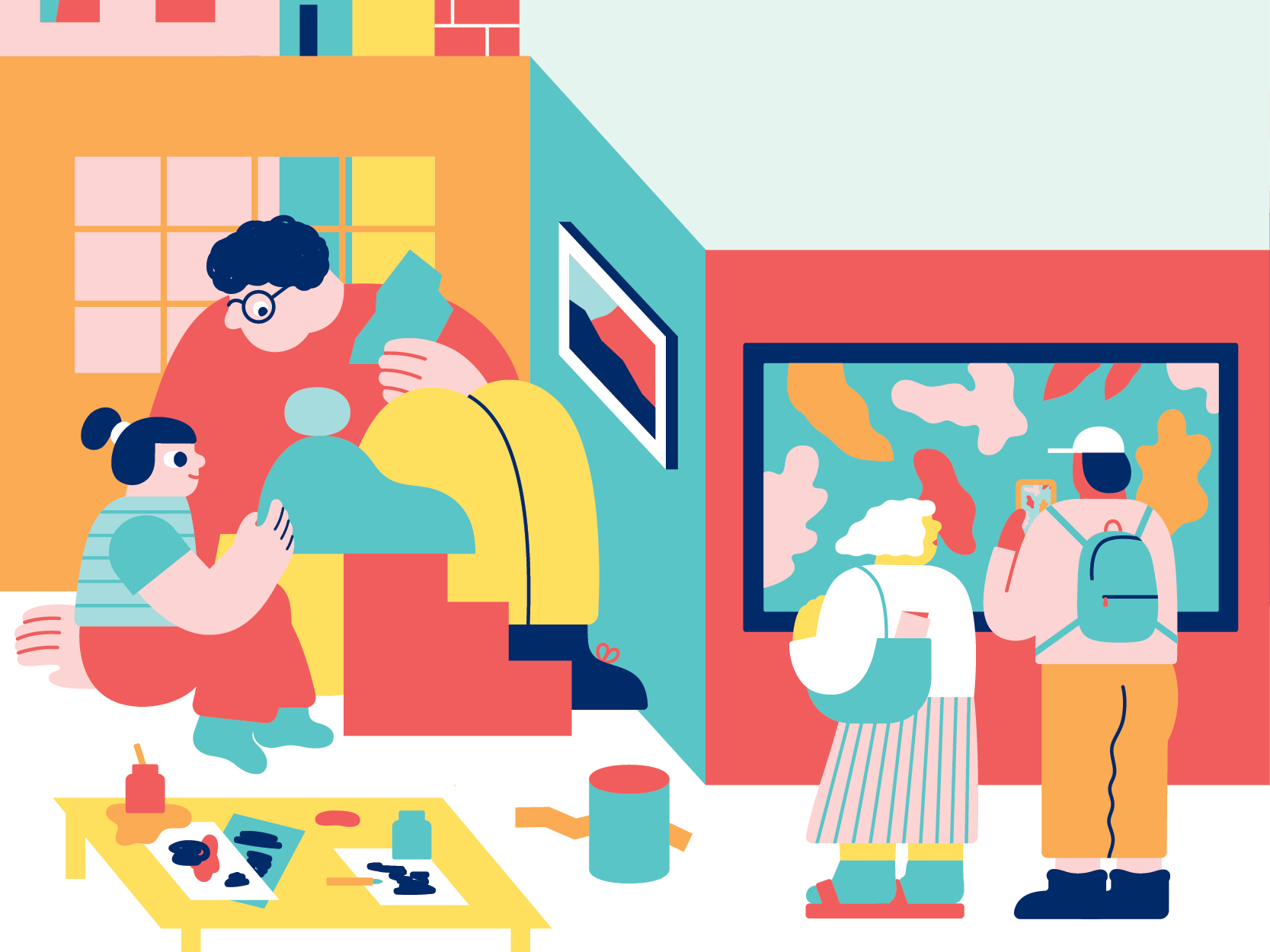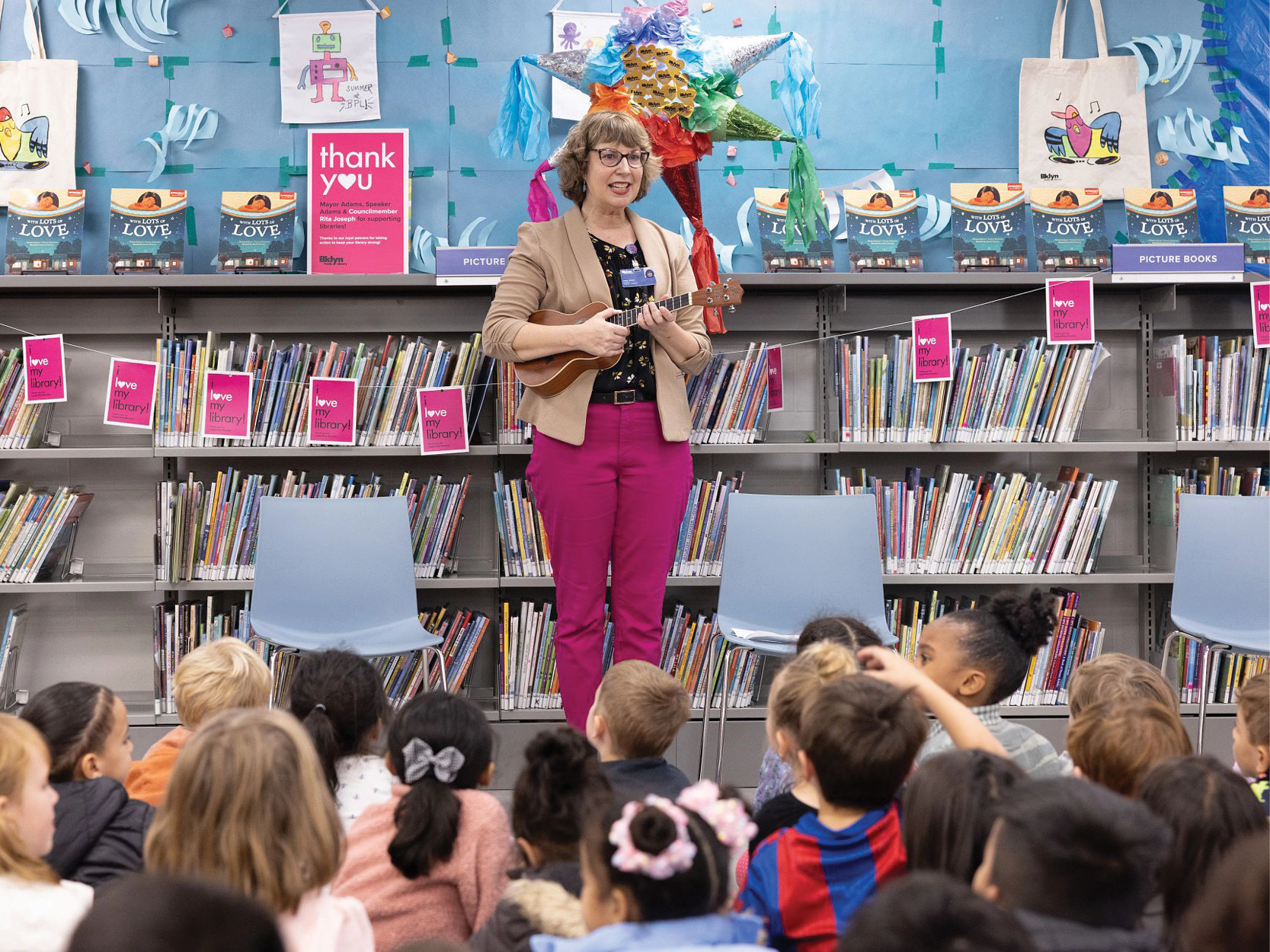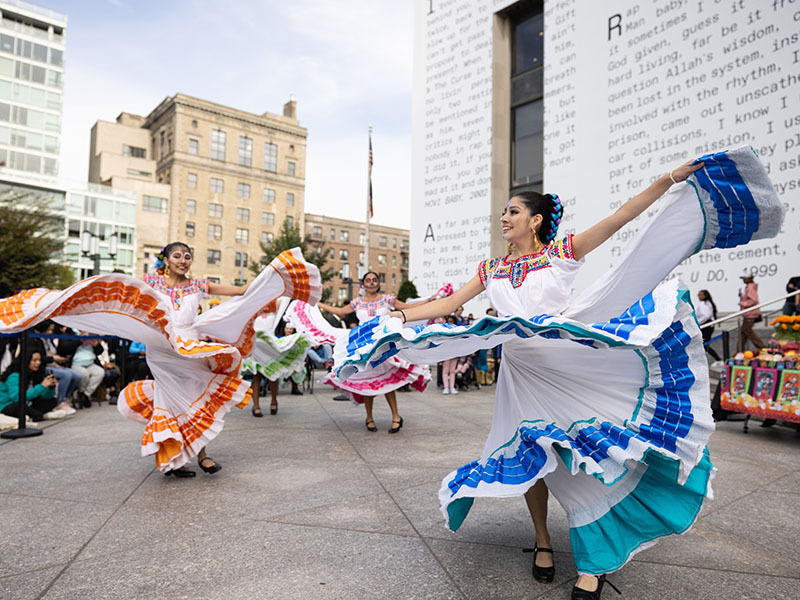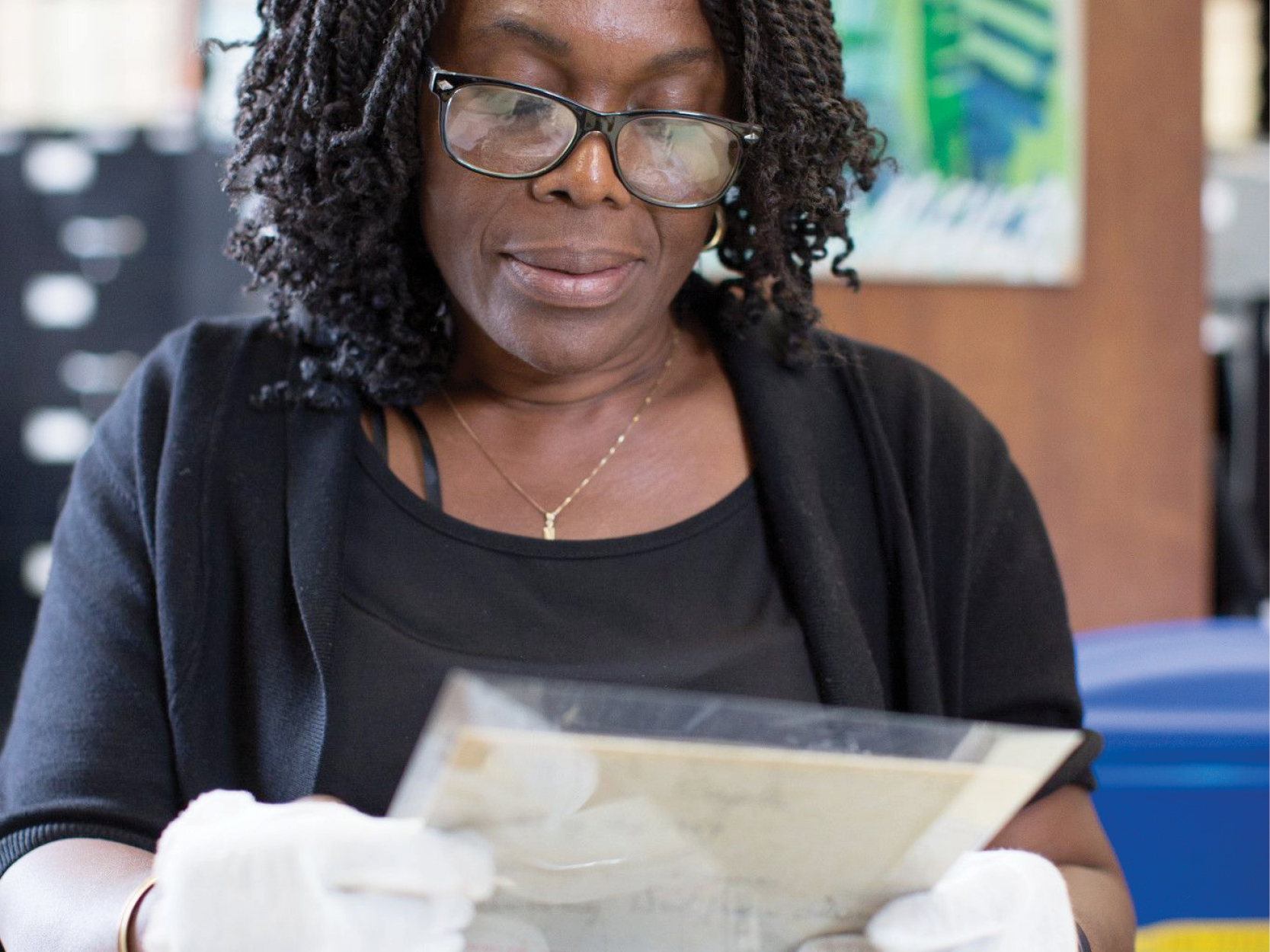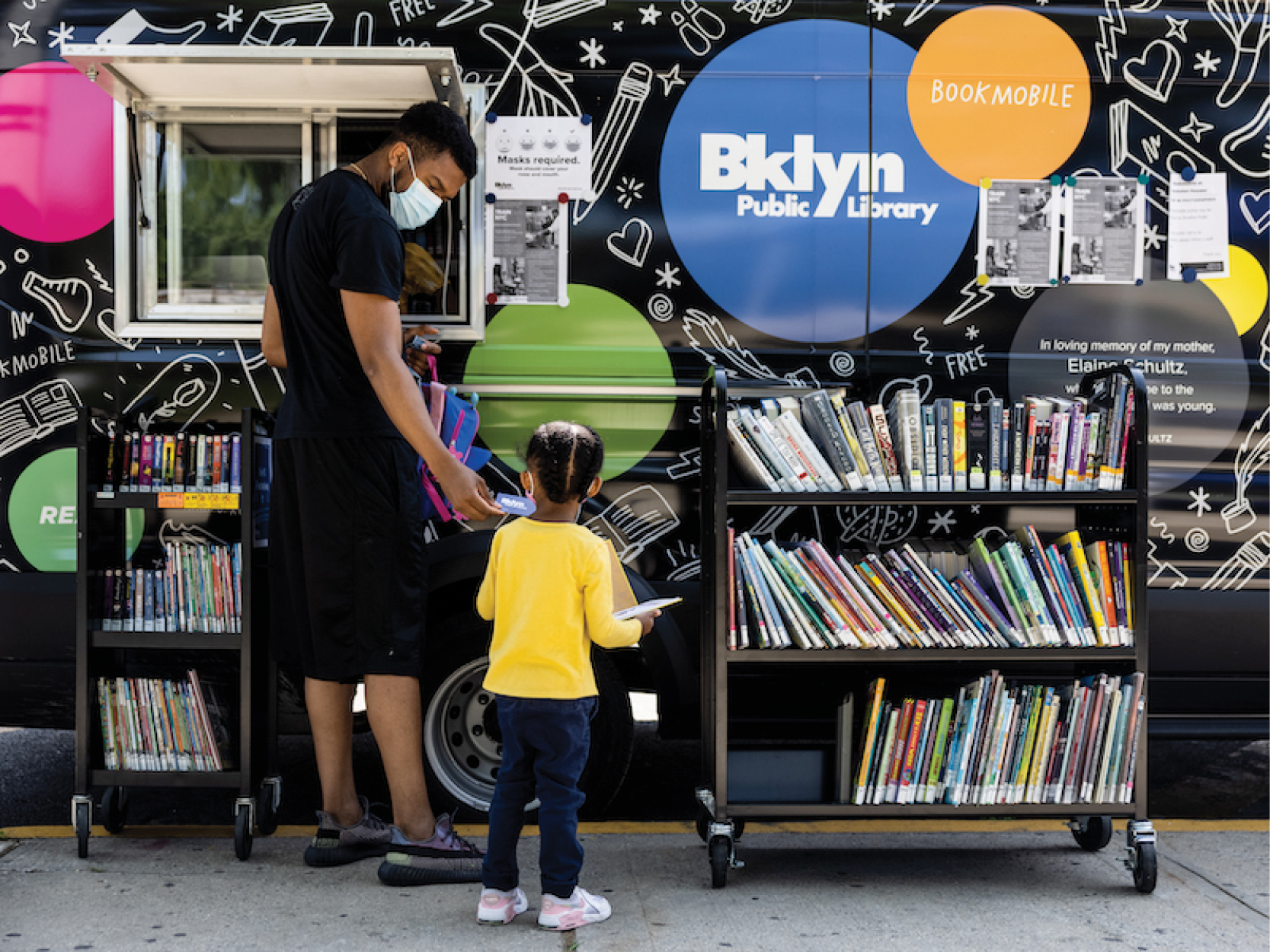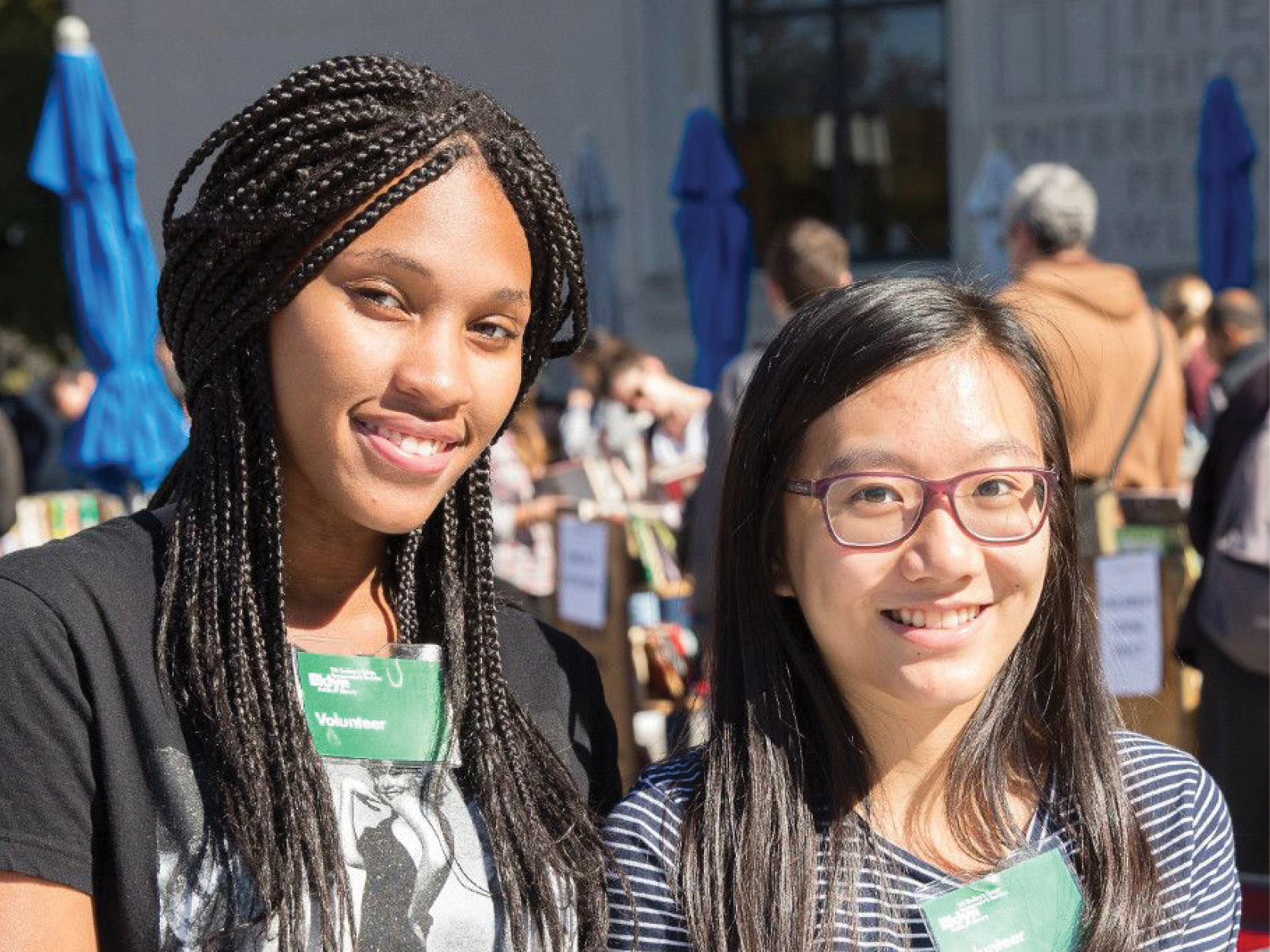Many years ago, in the distant 70s of the last century, an outstanding Polish poet of the postwar generation, practically unknown to the American reader, Edward Stachura, wrote,
Everything is poetry, everyone is a poet. To form this truth I was slowly led by what I had seen, heard, recognized, noticed, or sensed, what was cursed and blessed, and what I read here and there. Everything is poetry; everyone is a poet.
As a young girl, I strongly believed in this statement, which is why I started to write poems. These poems remain unpublished and perhaps that is for the best. I wrote mostly love poems because as a novice poet I was permanently (and unhappily) in love, and poetry seemed the best way to express sadness, longing, disappointment, sudden happiness, fleeting glances, and thrills. My vocabulary was perhaps richer than one of an average teenager, but when I was comparing myself with recognized poets, I thought my poems were miserable and shallow.
Then life, its banality and commonness, political grayness, and the hopelessness of the country I come from have healed me from believing that "everything is poetry." Immersed in ordinariness, I did not have time to stop and keep silent for a moment. It took many years for me to start to perceive the world as an inexhaustible ocean of poetry and notice that every object, event, every pebble on the road, twig of blooming magnolia, a book left out on a desk, husband’s shirt abandoned in a hurry, brown and blue tiles in the lobby of my house, crooked fences along Route 33 in Pennsylvania - all of this can be poetry.
However, what does it take to start seeing these distinct elements of everyday life from this other, strange and unknown poetic side? How do you learn to look at the white round pebble to know the history of the road on which it lies? How do you talk about tenderness looking at a wrinkled blue male shirt? How can the white fence with flaky paint become what it is not at first glance?
Everything is poetry; everyone is a poet. What do we as poets need to see that is otherwise unseen in objects, people, landscapes? When do we know that what we saw is essential and worth remembering? In other words - how to become a poet?
First: Let go. Stop. Say nothing. The hustle and bustle in which we live, the rush that accompanies us, the noise, the constant speaking that surrounds us, the self-exclusion from the zone of silence - it all kills poetry in us. Therefore - stop. Listen to the silence. So allow yourself a moment in which your thought drifts across the immense ocean of poetry.
Then - open your eyes: look at people, trees, animals, houses. See colors, textures, refractions, shadows, a ray of sun falling at a different angle. Look around and try to understand that the world is not one-dimensional; that every thing, every person and every meaning has a dual dimension - one that seems obvious and easy to guess and the one we have to imagine, discover, find. Nothing is what it appears to us at first glance.
Poetry needs tools. The tool is language, words, and in this respect poetry is demanding and cruel. She hates trivial comparisons, genitive metaphors used thoughtlessly and in excess. There is no mercy for clichéd phrases, fashionable symbols and shallow exclamation marks. Poetry requires a language that avoids any linguistic patterns and shows the world in unknown circumstances.
And finally: Can one learn all of this from books with encouraging titles "And you can write a poem" or "How to write and publish a book of poetry". No. Such books probably can help somehow, but they help to become a craftsman rather than an artist. If something or someone can help a novice poet, it is only old poets. Their books stand on shelves in libraries - just come and reach for them. From Homer to Woodsworth, from Shakespeare to Ashbery, from Goethe to Milosz, from Dickinson to Szymborska - you can find what what will delight you and what will frighten you. Everything is here - in this large hall on the ground floor, to which the sun's rays fall in the afternoon.
Let's read poetry, not only on the occasion of April - the month of poetry. Read poetry every day - one poem read every morning will release sensitivity in us, build a canon of our own private dazzles. If it leads us to a sheet of paper and a pencil - it's good; one more poet will come to the world. If not - good too – one more poetry reader will save the world.
John Ashbury's collected poems
This blog post reflects the opinions of the author and does not necessarily represent the views of Brooklyn Public Library.
Hear hear! Beautiful post.
Post a Comment
While BPL encourages an open forum, posts and comments are moderated by library staff. BPL reserves the right, within its sole discretion, not to post and to remove submissions or comments that are unlawful or violate this policy. While comments will not be edited by BPL personnel, a comment may be deleted if it violates our comment policy.
eNews Signup
Get the latest updates from BPL and be the first to know about new programs, author talks, exciting events and opportunities to support your local library.

